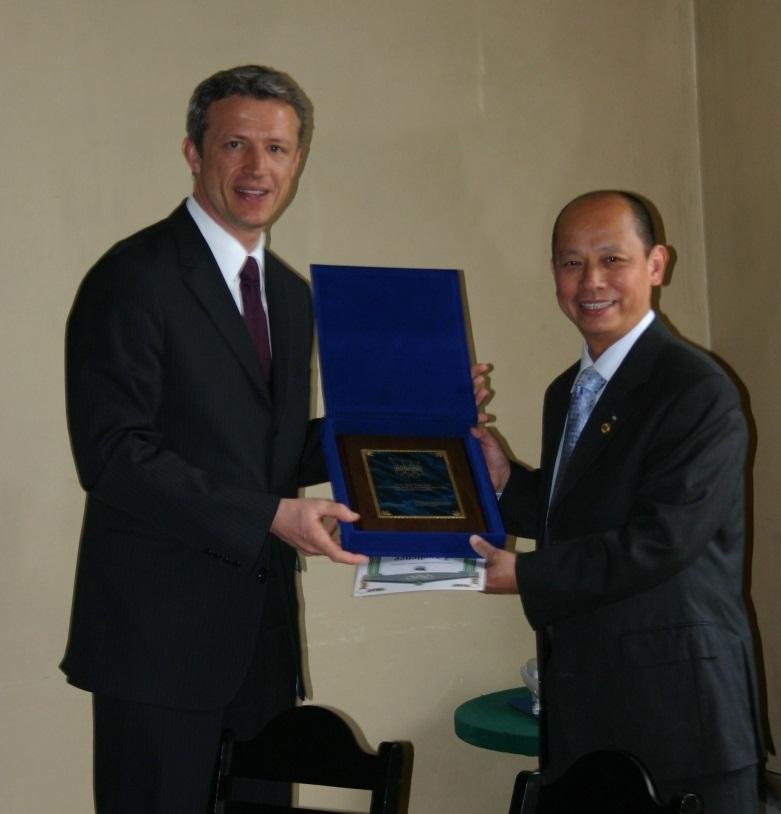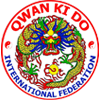In Vietnam
Young PHẠM Xuân Tòng, born on July 17, 1947 in the village of Bông Hai (Ninh Bình province) in Vietnam, has had a remarkable destiny.
At the age of 9, on a rainy day, he suggested to a man on a bicycle that he shelter with him until the storm passed. The man turned out to be none other than the Chinese Master CHÂU Quan Kỳ, who decided to take him on as a pupil at the Taoist temple. He taught him to perceive the world beyond appearances, passing on a wealth of knowledge in martial arts and traditional medicine.

At Master CHÂU Quan Kỳ's school, the Võ Ðường HỔ HẠC TRẢO, and every day for many hours for almost fifteen years, the young PHẠM Xuân Tòng was able to deepen his knowledge and master the practice of several styles of the Hakkas.
At the age of 14, he inherited Võ Quảng Bình techniques from his great-uncle PHAM Trú through his military cousin. Thanks to his master and his affiliation with the Vietnamese Free Boxing Federation, he also trained in free fighting and Vietnamese wrestling.
Gifted in the martial arts, he became Master CHÂU Quan Kỳ's assistant at the age of 16, and took part in numerous successful competitions. Following his master's advice, he became fully involved in traditional medicine (the body care techniques “Trật Ðả Cốt Khoa” on the energy paths “Nga Mi Khí Pháp” and those of breathing “Khí Công Ðiều Tức”) and the teaching of martial arts.
During the years spent in Vietnam, the young PHẠM Xuân Tòng was also able to benefit from the experience of the country's experts and thus perfect his training. In 1967, just before his death, Master CHAÙ Quan Ky appointed his pupil PHẠM Xuân Tòng as his sole successor, entrusting him with his writings and knowledge to ensure the continuity of his teaching and vision of the martial arts.
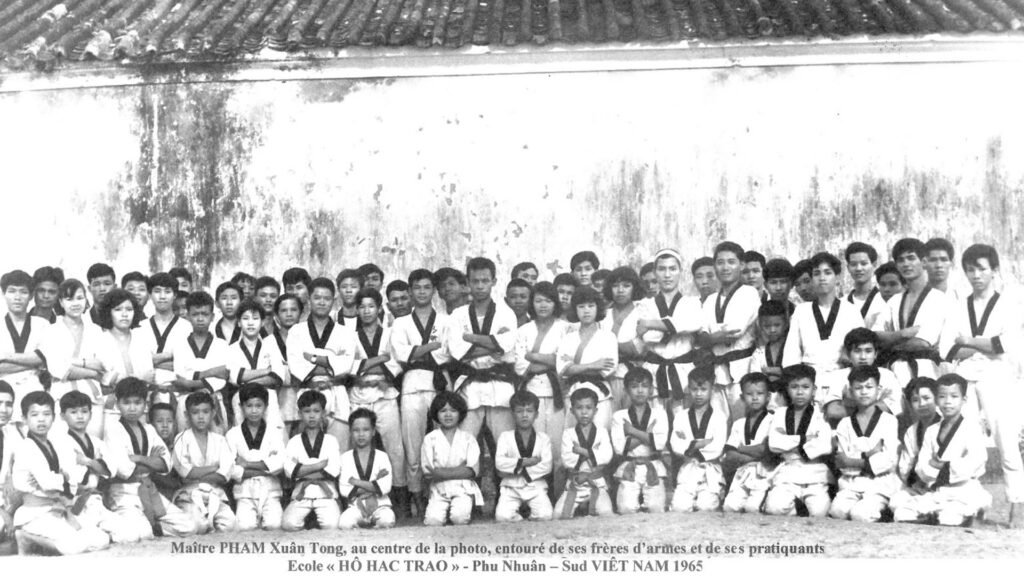
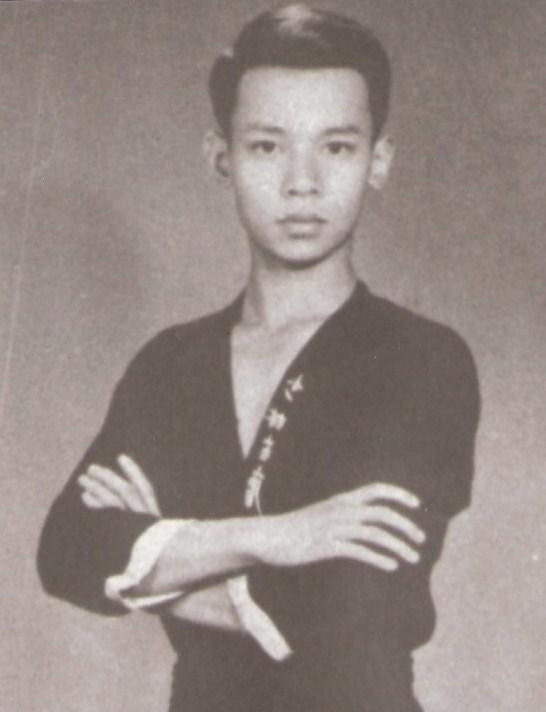
Chronology in Vietnam
- 1956: Admitted to the Taoist temple (Phú Nhuận district - South Vietnam) - direct disciple of Master Châu Quan Kỳ.
- 1963 - 1966: Student at the Vietnamese Institute of Traditional Medicine “Y Học Cổ Truyền”.
- 1964 - 1967: Assistant trainer to Master Châu Quan Kỳ at the martial arts academy.
- 1964 - 1967: Martial arts trainer at Don Bosco Technical High School - Gò Vấp.
- 1965 - 1967: Martial arts instructor at Lycée Chân Phước Liêm.
Tournaments and competitions
- 1963 - 1964: Participated in and won several Free Fight tournaments - Tinh Võ Chợ Lớn.
- 1965: International Free Fight Cup in Kongpongcham - Cambodia
- 1964 - 1965: Grand prix martial arts at the Lycée technique Don Bosco - Gò Vấp
Arrival in the West
Master PHAM Xuân Tong arrived in Europe, and more specifically in France, in 1968, to complete his post-graduate studies, and began spreading his master's art by joining forces with other Vietnamese masters to create Viet Vo Dao. The undeniable technical quality of his teaching and his public performances attracted a large number of practitioners and supporters.
Indeed, in just a few years, PHẠM Xuân Tòng brought together over 1,200 students in the south of France, establishing his reputation for a Vietnamese martial art that was still little-known. This recognition has attracted other Vietnamese masters in France and Europe, who have joined forces to promote the age-old culture of this martial art.
Public demonstrations in Paris, notably at the Espaces Verts Pierre Cardin and Salle Pleyel in 1972, met with great success. That same year, at a meeting in Limoges, the masters agreed to found Viet Vo Dao.
Master PHẠM Xuân Tòng was appointed Technical Director, responsible for developing a common program for Vietnamese martial arts, including grading and competition regulations.
His work helped grow the federation to over 5,000 members. He also wrote the first manuscript on the Vietnamese martial art, “Viet Vo Dao Kung Fu”, published in 1972. Thanks to his efforts, the French Viet Vo Dao Federation has been approved by the French Ministry of Youth and Sports.

The birth of Qwan Ki Do
In 1981, in the south of France, more precisely in Toulon, the art of his Master CHÂU Quan Kỳ was officially established with the birth of the martial art Qwan Ki Do.
Since that historic date, Qwan Ki Do has been established in over 35 countries worldwide. This spectacular growth is due to the considerable efforts of its Thày Chuong Môn Pham Xuân Tong and his work within the IQKDF.
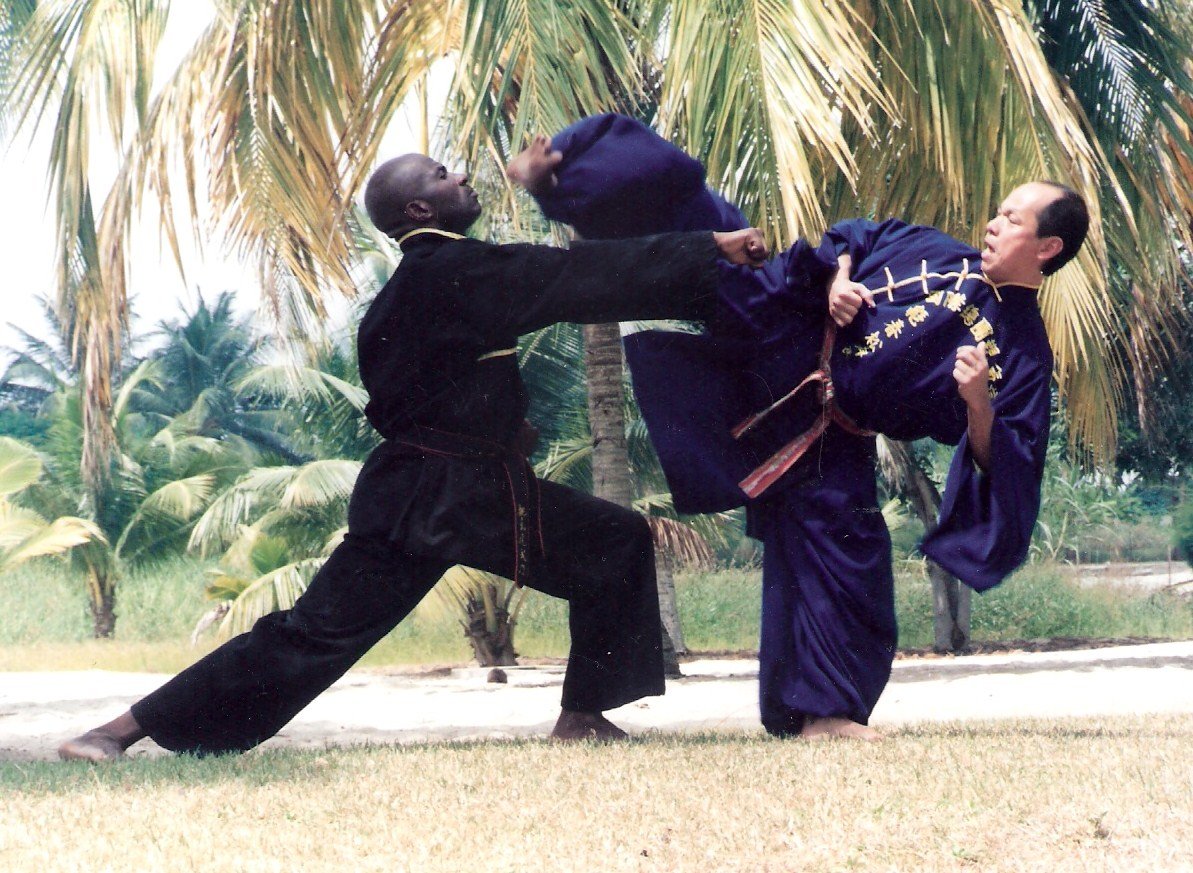
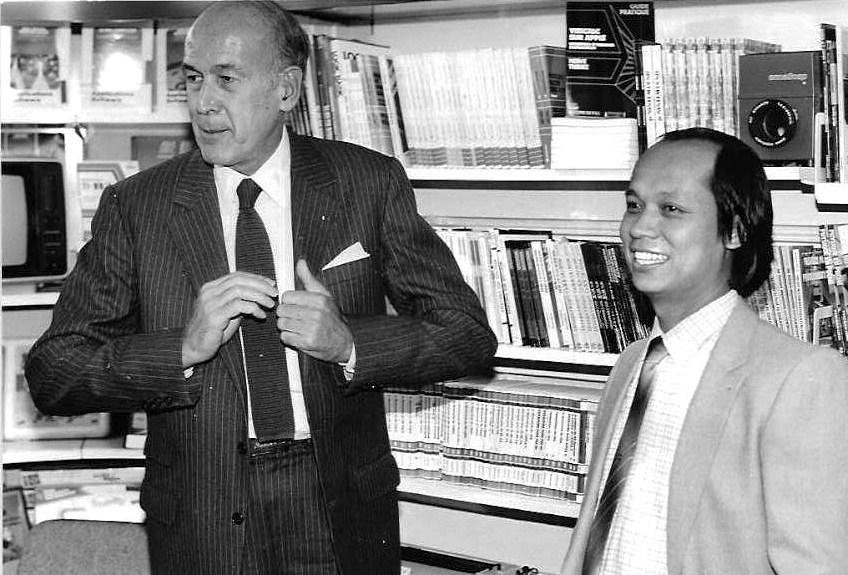
Professional activities
Between 1947 and 1968, Master PHAM Xuân Tòng lived through tumultuous years in Vietnam, which strengthened and enriched his expertise in martial arts and combat techniques, propelling him towards a career in the security field.
From 1976 to 1985, he was an advisor and trainer for security agents at « CID Security » in Toulon, where he provided protection for political figures and artists in the Var region. In 1981, he was in charge of close security for President Valéry Giscard D'Estaing during his presidential tour.
At the same time, from 1985 to 2001, he worked as a territorial educator, training Toulon's municipal police in martial arts and physical activities. In 1992, he was guest of honor at a Special Mobile Force training seminar in Mauritius, testifying to his international recognition in the field of security.
Between 1992 and 1996, Maître PHAM Xuân Tòng was an adviser to the DEFI (“Détection, Entraînement, Formation, Intervention”) close protection training program, in collaboration with Philippe LEGORJUS, former Commander of the GIGN. In 1996, he was also asked to act as advisor and expert in martial arts and close combat for the IBSSA (International BodyGuard and Service Security Association).
Thày Chuong Môn PHAM Xuân Tòng passed the competitive examination to become an « Éducateur Territorial des Activités Physiques et Sportives » (ETAPS) at Toulon town hall in the early 80s. He ran a variety of sports activities, from Baby Gym to martial arts, bodybuilding and Asian gymnastics, including programs for priority urban zones and in multi-sport centers during the summer.
After more than twenty years' service, he was awarded the Silver « Médaille du Travail » by the Senator-Mayor of Toulon. At the age of 65, he retired from a 32-year career in French territorial administration, and devoted himself entirely to his passion and mission for martial arts.
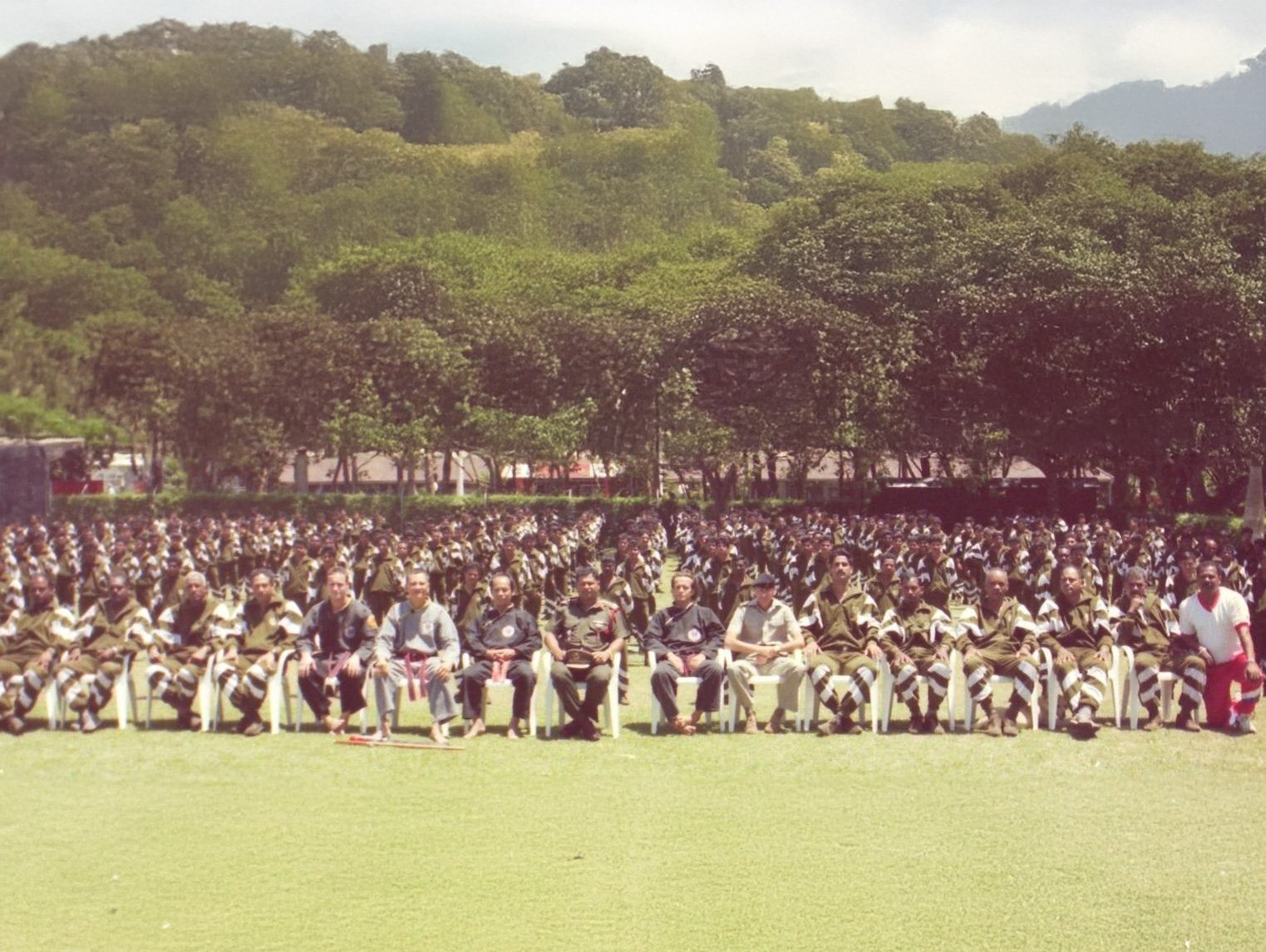
Diplomas and Recognition
In 1980, the International Viet Vo Dao Council of Masters elevated Thày Chuong Môn PHAM Xuân Tòng to the rank of 7th Dang at the age of 35, a distinction awarded by the President of the French Viet Vo Dao Federation. This recognition testifies to the esteem in which Master PHAM is held, but he attributes this success to the teaching of his Master, Châu Quan Kỳ, and has worn only the belt awarded by the latter since his departure from Vietnam.
- Federal Expert and 9th Dang Black Belt in Vietnamese Martial Arts, awarded by the Commission Nationale C.S.D.G.E. - Fédération Française de Karate et Disciplines Associées.
- 10th Dang Black Belt, awarded by “National Sport Agency Romania".
- Black Belt 10th Dang and Founder of Qwan Ki Do - by “Intergovernmental Organization of the State - Department for the Affair of Tourism, Spectacle and Sport”.
- 10th Dang Black Belt, Permanent Advisor of the Romanian Martial Arts Federation.
- 10th Dang Black Belt, awarded by the Vietnam Olympic Committee and WFVV.
- Doctor in Sports (H.C) of the International University “ Alexandru Ioan Cuza ” - Iasi - Romanie
- Diplôme d'Etat Supérieur de la Jeunesse, de l'Education Populaire et du Sport - DES JEP - France
- Master Martial Art's - Hông Bàng International University of Hô Chi Minh Ville - Viêtnam
- « Excelentia » diploma from Romania's Centre National de Perfectionnement des Entraîneurs (Members of the International Council for Coach Education).
- Diplôme Master Expert of Martial Art & Close Combat by “International Bodyguard and Security Services Association”.
- Certificate of Sports and Martial Art Instructor from the Police Municipale de Toulon - France

A personality in the world of martial arts
Thay Chuong Môn PHAM Xuân Tòng is the author of several books on Sino-Vietnamese martial arts in Europe and a member of the Société des Gens de Lettres de France.
In 1975, he played the lead role in the highly successful films “Fureur et Sagesse” and “Le Temple des 4 Dragons”.
In March 1982, he was awarded the Silver Medal of the Order of the National Civic Star, and in August of the same year, he was awarded the French Humanitarian Grand Prix for his martial arts demonstrations for charity.
In February 1984, he became a member of the Academy of Sciences in Rome, and in May 1986, he won the Grand Prix “Best Master Martial Art” at a meeting in Manaus, Brazil.
In June 1994, he was recognized as one of the highest dignitaries by the Sports Administration.
In November 2000, Master PHAM Xuân Tòng received the 2000 Oscar of the Great Masters of Martial Arts in Milan, rewarding his contribution to the development of martial arts in Italy and to stress management via Psycho Energetic Gymnastics “Tâm Thể Dưỡng Sanh”.
In March 2005, he was honored with the Gold Medal of the Gabonese Ministry of Sports for his commitment to martial arts in the country over the past 20 years. In April of the same year, he was awarded the “Excellence” distinction by the Romanian National Olympic Committee.
Finally, on November 23 2007, he was named “Samurai of Peace” by the Respectable Order of Knight I.B.K.K.U. in Timisoara, Romania.
On March 6 2008, he received confirmation that QWAN KI DO was recognized as a university sports discipline taught at the “Alexandru Ioan Cuza” University in Iasi, Romania.
In September 2009, Thày Chuong Môn Pham Xuân Tong was welcomed as a “Member of the Council of Sages” of the Fond International pour la Préservation des Arts Martiaux - FIPAM - Paris, France.
In 2013, Thày Chuong Môn PHẠM Xuân Tòng was guest of honor at the World Combat Games - Sportaccord in Saint Petersburg, Russia.
On May 18, 2018, he is awarded the degree of Doctor H.C. in Sport at the “ALEXANDRU IOAN CUZA” University in Iasi, Romania.
In 2019, Thày Chuong Môn PHAM Xuân Tong is elevated to the rank of Commandeur de l'Ordre du Mérite Sportif de la Côte d'Ivoire.
At the second Children-Juniors World Qwan Ki Do Championship held in April 2025 in Lodì (Italy), the Italian Wushu Kung Fu Federation (a discipline associated with CONI) awarded Thay Chuong Môn PHAM Xuân Tong the "VI Grade" in Vietnamese Kung Fu and the "Duan d'Or of Technical Merit".
